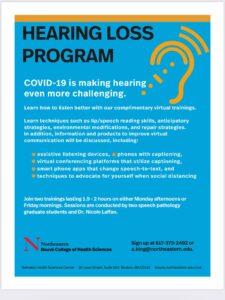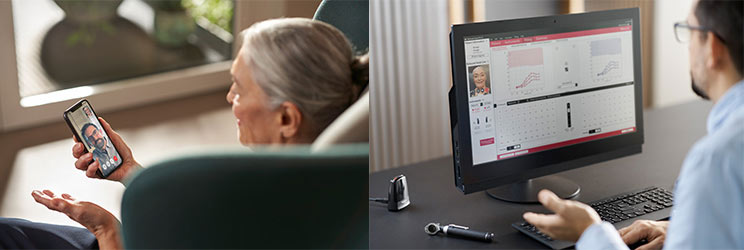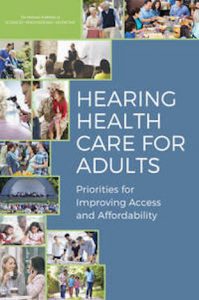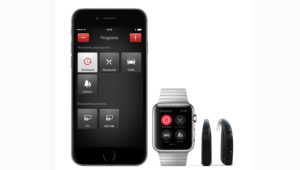Next Chapter Google Meet and Share Your Hearing Loss Story with Frequency Therapeutics – September 26, 2020
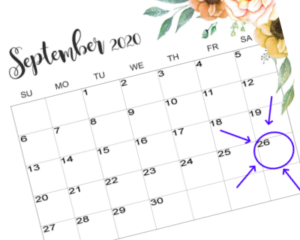 Save The Date!
Save The Date!
Saturday, September 26, 2020 for Hear@Boston’s next virtual meeting over Google Meet. The meeting will be held 4:00 – 6:00 pm to accommodate the still light summer/fall weekend hours and to avoid any possible conflicts with the National’s schedule.
There have been many changes over this summer in leadership and we need to rethink our direction. Let’s check in with each other and find out how we are all faring going into our 7th month of this pandemic. Please plan on chapter leadership elections during the meeting. More details to follow.
 Also, please see the following request from Frequency Therapeutics. We heard from them earlier in the spring and they presented at the National Convention as well.
Also, please see the following request from Frequency Therapeutics. We heard from them earlier in the spring and they presented at the National Convention as well.
Dear friends,
I think many of us would agree that the hearing loss community needs to continue to drive wider awareness of the complexity and challenges of hearing loss. Frequency Therapeutics, the company working on a drug for hearing loss that presented at our meeting back in June, recently completed a survey of HLAA members that looked at the impact of hearing loss on members’ lives and relationships. In the next few weeks, they are going to publicize the results with online and traditional news media.
To make the data come to life, Frequency is looking for one or two people with moderate hearing loss who would be willing to tell their personal story of how they lost their hearing, what some of the challenges are in understanding what’s being said and how they are finding ways to cope – particularly during the pandemic. You would only be asked to share details of your own hearing loss story, and you will not be asked to comment on Frequency or the work they’re doing.
While the company can’t guarantee any media coverage, adding your voice can help educate and inform others while making hearing loss issues more visible. Please reach out to Suzanne Day at sday@frequencytx.com if you’d be interested in speaking with them.


